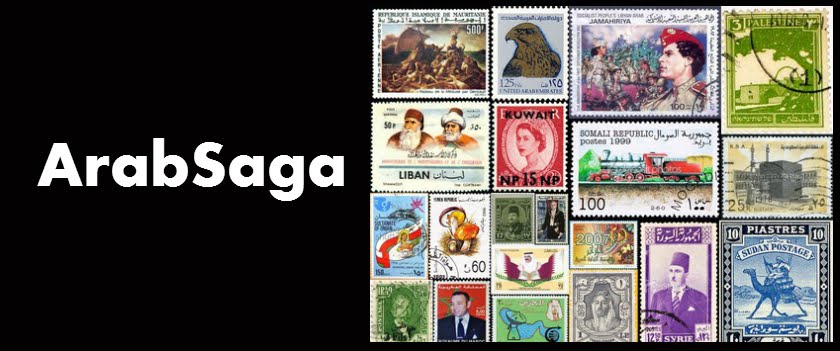 |
| Tadamon neighborhood of Damascus in July (top) and September 2012 |
 |
| Mazzeh area of Damascus in February (top) and July 2013 |
Satellite imagery,
witness statements, and video and photographic evidence show that Syrian
authorities deliberately and unlawfully demolished thousands of residential
buildings in Damascus and Hama in 2012 and 2013, Human Rights Watch said in a report
released today.
The 38-page report, “Razed to the Ground: Syria’s Unlawful Neighborhood
Demolitions in 2012-2013,” documents seven cases of large-scale
demolitions with explosives and bulldozers that violated the laws of war.
The demolitions either
served no necessary military purpose and appeared to intentionally punish the
civilian population or caused disproportionate harm to civilians, Human Rights
Watch found.
“Wiping entire
neighborhoods off the map is not a legitimate tactic of war,” said Ole Solvang, emergencies
researcher at Human Rights Watch. “These unlawful demolitions are the latest
additions to a long list of crimes committed by the Syrian government.”
The Syrian government,
as part of its Geneva-2 negotiations, should make a commitment to immediately
end demolitions that violate international law and to compensate and provide
alternative housing to the victims, Human Rights Watch said. The United Nations
Security Council should refer the situation in Syria to the
International Criminal Court (ICC).
The seven cases Human
Rights Watch documented took place between July 2012 and July 2013 in the
following areas: the Masha’ al-Arb’een and Wadi al-Joz neighborhoods in Hama,
and the Qaboun, Tadamon, Barzeh, Mazzeh military airport, and Harran Al-‘Awamid
neighborhoods in and near Damascus.
The total building area
demolished, based on analysis of the satellite imagery, is at least 145
hectares – an area equivalent to about 200 soccer fields. Many of the
demolished buildings were apartment blocks several stories high, some as many
as eight. Thousands of families have lost their homes as a result of these
demolitions.
All of the affected
neighborhoods were widely considered by the authorities and by witnesses
interviewed by Human Rights Watch to be opposition strongholds.
Government officials
and pro-government media outlets have claimed that the demolitions were part of
urban planning efforts or removal of illegally constructed buildings. However,
the demolitions were supervised by military forces and often followed fighting
in the areas between government and opposition forces.
As far as Human Rights
Watch has been able to determine, there have been no similar demolitions in
areas that generally support the government, although many houses in those
areas were also allegedly built without the necessary permits.
These circumstances, as
well as witness statements and more candid statements by government officials
reported in the media, indicate that the demolitions were related to the armed
conflict and either served no necessary military purpose and appeared to
intentionally punish the civilian population, or caused disproportionate harm
to civilians in violation of the laws of war.
One woman who lived
near Wadi al-Joz, one of the demolished neighborhoods in Hama, told Human
Rights Watch: “After the demolition in Wadi al-Joz, the army came to our
neighborhood with loudspeakers. They said that they would destroy our
neighborhood like they destroyed Wadi al-Joz and Masha’ al-Arb’een should a
single bullet be fired from here.”
Several owners of
houses that were demolished contended that contrary to the government’s stated
pretext for the demolitions, they had all the necessary permits and documents
for their houses.
Commenting
on the demolitions in an interview with an international journalist in October
2012, the governor of the Damascus countryside, Hussein Makhlouf, also
explicitly stated that the demolitions were essential to drive out opposition
fighters.
Some of the demolitions took place around government
military or strategic sites that opposition forces had attacked. While the
authorities might have been justified in taking some targeted measures to
protect these military or strategic locations, the destruction of hundreds of
residential buildings, in some cases kilometers away, appears to have been
disproportionate and to have violated international law.
Local
residents told Human Rights Watch government forces gave little or no warning
of the demolitions, making it impossible for them to remove most of their
belongings. Owners interviewed by Human Rights Watch also said they had
received no compensation.
One local restaurant owner from the
Qaboun neighborhood of Damascus told Human Rights Watch security forces arrived
one morning unannounced with bulldozers and ordered him to leave the premises:
“When I asked why, the soldier said ‘no more questions’ or else I would be
detained.”
He said they denied permission to remove anything from
the restaurant and forced him to leave on foot, leaving his motorcycle behind.
“As
I was walking I looked back and I saw the bulldozer demolishing my shop,” he
said. “The shop was opened by my grandfather many years ago. I personally managed
the restaurant for eight years. Before my eyes, all of my family’s hard work was
destroyed in one second.”
The
report is based on detailed analysis of 15 “very-high resolution” commercial
satellite images and interviews with 16 witnesses to the demolitions and owners
whose houses were demolished.
In
addition, Human Rights Watch reviewed media reports, government decrees, and
videos of the destruction and its aftermath posted on YouTube.
“No
one should be fooled by the government’s claim that it is undertaking urban
planning in the middle of a bloody conflict,” Solvang said. “This was
collective punishment of communities suspected of supporting the rebellion. The
UN Security Council should, with an ICC referral, send a clear message that
cover-ups and government impunity won’t stand in the way of justice for
victims.”






